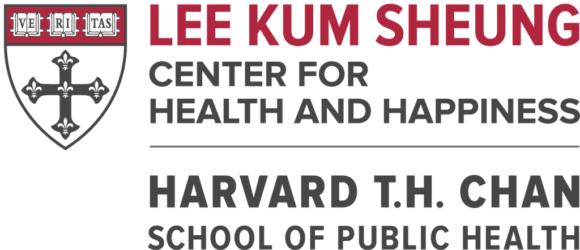Citation: Liebenberg, L., & Moore, J. C. (2018). A social ecological measure of resilience for adults: The RRC-ARM. Social Indicators Research, 136(1), 1-19.
PMID or DOI: doi: 10.1007/s11205-016-1523-y
Main positive psychological well-being construct measured: Resilience resources
Sub-constructs measured: Social/community inclusion, family attachments and supports, spirituality, national and cultural identity, and personal competencies
Available subscales: Social/community inclusion, family attachments and supports, spirituality, national and cultural identity, and personal competencies
Description: The Adult Resilience Measure was adapted from the Child and Youth Resilience Measure for use in an adult population. The original child and youth measure was specifically focused on youth at risk for poor psychosocial outcomes, highlighting social ecological factors underpinning resilience processes, and was designed to be culturally sensitive. The adult measure focuses on individual, relational and contextual resilience processes, identifying the social ecological resilience resources of adults exposed to environmental risk. The measure is based on the idea that resilience involves contextually relevant resources (physical resources, relational supports, and services) that are key to processes that scaffold positive outcomes, and that resilience is interactive and fluctuates over time.
Number of items: 28
Example statement/item: “I can solve problems without harming myself or others”
Response options: 5-point scale ranging from 1=not at all to 5=all the time
Total score: Total sum scores are calculated, with a possible range from 28 to 140.
